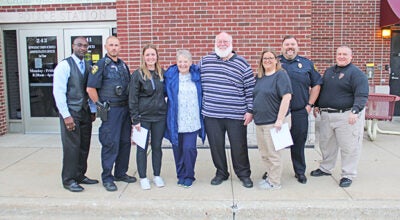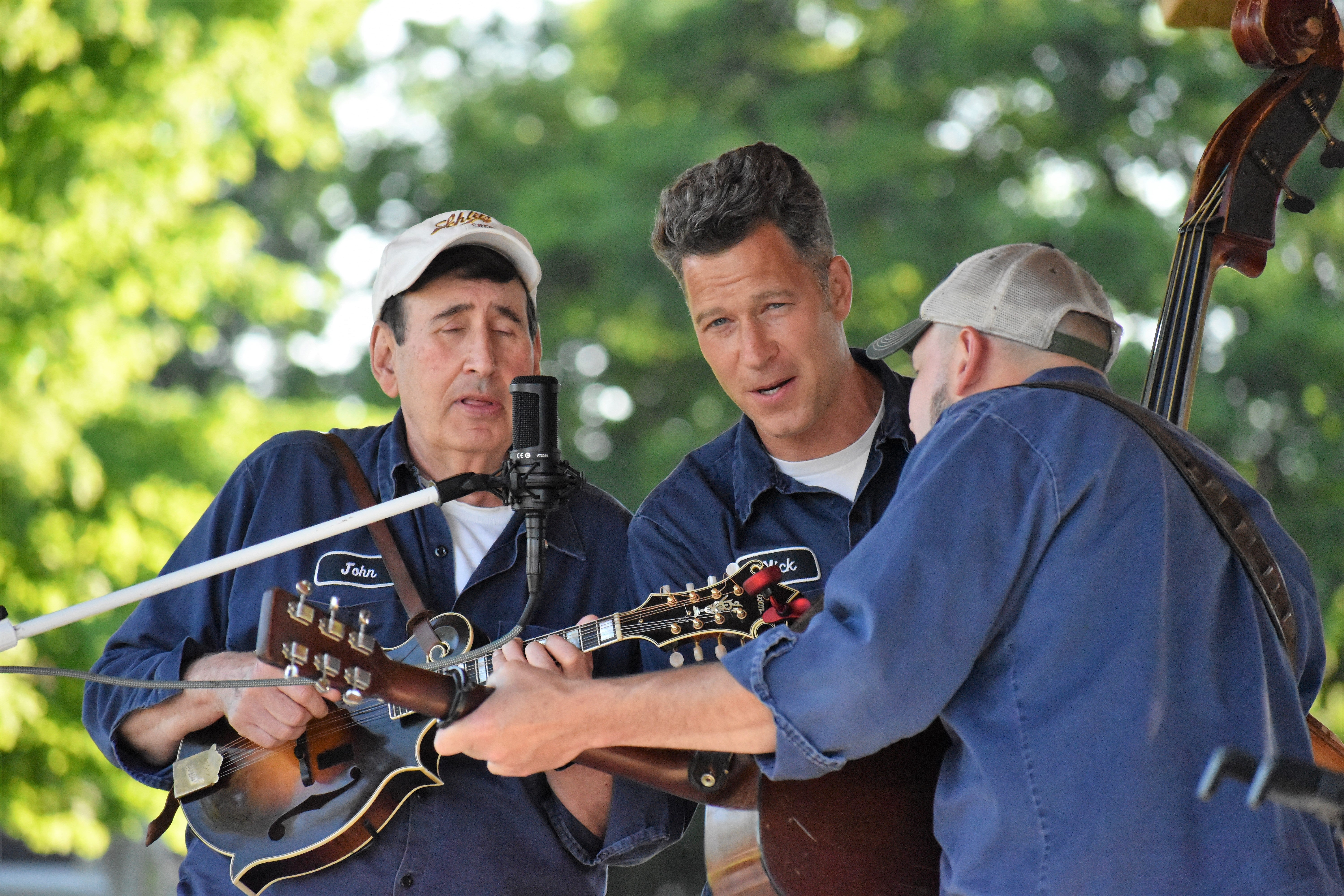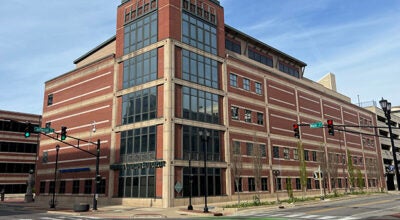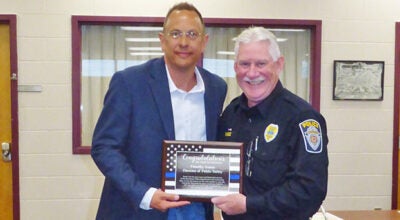Smith brought Kawneer to Niles during train stop
Published 9:01 am Wednesday, March 17, 2010
Silverbrook Legacies
By THE FRIENDS OF SILVERBROOK CEMETERY
The Niles Daily Star is pleased to continue the historical series on those buried in Silverbrook Cemetery. We join the Friends of Silverbrook Cemetery in welcoming your suggestions and input for future columns.
Louise Reddick Smith would like these stories. She would be particularly proud of this one.
Prior to her death in 1910, in a letter to her children about the early history of Niles, she wrote: “It (the history) will probably be of more interest to myself, than anyone else, for old people have a way of looking backward and finding more pleasure, than in anything transpiring around them at the present time.”
The letter was printed in the newspaper, Oct. 15, 1950. Writer Helen Logan Walton, in her introduction to the letter, said Louise was the only daughter of John Reddick and sister to John L. and William A. Reddick, both distinguished businessmen in Niles.
Louise married Mahlon Smith and was mother to five children. One of her children, Carmi R. Smith, followed in his uncle’s footsteps to become yet another Niles business icon.
Born in Girard, Township, Branch County (his father was considered one of the county’s pioneer settlers) May 19, 1862, Smith moved to Niles in 1886 following his graduation from Albion College. He began his business career by supplying material to different paper mills until in 1907 he became involved in real estate.
Smith also owned and operated a successful lumberyard. His mother refers to it in her letter.
“I think perhaps the earliest recollections I have of a home was in Niles when I was 5 or 6 years old. The house was on Front Street about where Carmi’s lumberyard and office is now.”
The business gained notoriety when at 10:20 p.m. Aug. 14, 1907. Patrolman Clarence Shockley was making his night rounds at the lumberyard and was fatally shot. Witnesses reported seeing two men entering the property and hearing four shots in quick succession soon after.
Believing the shots stemmed from a quarrel, the witnesses did not want to be involved and it was not until an hour later Glenn Kugler heard the officer’s groans. Although he did receive some medical attention, he died the next day. The killer was never found in spite of a $1,000 reward.
No doubt the event would have had a profound affect on Smith. In addition to his business acumen he was known for his sense of civic responsibility.
His obituary states: “A staunch Republican all his life, he was chairman of the city committee for 10 years.” In 1903 he was elected mayor, but resigned to become postmaster. Smith remained postmaster until 1912 when he was again elected mayor of Niles.
From 1897 to 1898 he was a member of the lower house of the state legislature. He later served as state delegate to the 1924 national convention which nominated Calvin Coolidge for president.
Business was Smith’s passion. With his brother Ben, he organized the Michigan Wire Goods Co. in 1914, which was still a thriving venture at the time of his death in the summer of 1939.
Smith’s passion for business and love for community were perhaps most evident through his role in the development of the Niles Club Co. in late 1909. This was an organization of strong, progressive men who intended to erect a clubhouse where citizens would gather for the unselfish purpose of making Niles “better, bigger and busier.”
Chair of the building committee, Smith’s own property at 315 Main St. between Third and Fourth streets became the location of the Niles Club Co. The Niles Business Men’s Association met in the clubhouse regularly.
A Nov. 2, 1909 Niles Daily Star covered the formation of the organization declaring “Future Outlook Bright for Niles” and that a few enterprising business men and manufacturers came together and joined hands, minds and purses for the purpose of building up the city and that they did.
According to “Niles Michigan: A Pictorial History:” “Garden City Fan Co. is another major industry that was brought to Niles through the efforts of Carmi Smith and the Niles Business Men’s Association. They had started in Chicago in 1879, but accepted a relocation offer and came to Niles in 1900 to occupy a new factory on Wayne Street next to the railroad tracks where they made industrial fans and blowers.”
The book also credits Smith with enticing F.J. Plym to Niles. “Stopping in Niles in 1906 while changing trains, he met a local businessman, Carmi R. Smith, who was a prominent leader and promoter of the business community. Soon convinced by the persuasive Smith of the tremendous value of Niles location as a transportation hub … Plym decided to start his manufacturing plant in Niles at once.”
This man, who could turn a chance meeting during a train stopover into one of Niles’ great manufacturing ventures – Kawneer, was also remembered as an active member and past chairman of the Berrien County Red Cross; a member of the Masonic Lodge, Knights of Pythias, Elks and the Sigma Chi Albion Chapter for more than 10 years.
He died at his 603 East Main St. home July 17, 1939. The Rotary Club waived its program out of respect for Smith and issued the following statement: “Carmi Smith’s life set up a standard of patriotism and high character – a challenge to his acquaintances and to the whole community.”
Friends of Silverbrook Cemetery meets the third Thursday of each month at the Niles Law Enforcement Complex on Silverbrook at 7 p.m. For more information with regards to memberships and work days to help restore and catalog the monuments contact: Friends of Silverbrook Cemetery c/o 508 E. Main St. Niles MI 49120, Tim and Candace Skalla at 684-2455, wskalla@sbcglobal.net or contact Ginny Tyler at 445-0997, sphinx1974@aol.com.






